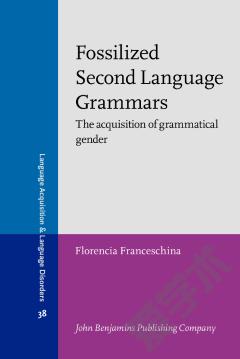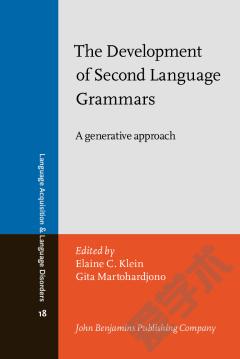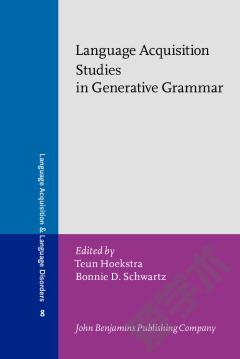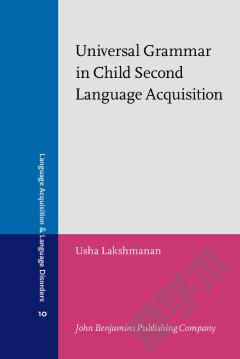Fossilized Second Language Grammars. The acquisition of grammatical gender.
This monograph is a theoretical and empirical investigation into the mechanisms and causes of successful and unsuccessful adult second language acquisition.Couched within a generative framework, the study explores how a learnerâs first language and the age at which they acquire their second language may contribute to the L2 knowledge that they can ultimately attain. The empirical study focuses on a group of very advanced L2 speakers, and through a series of tests aims to discover what underpins their near mastery of grammatical gender and other grammatical properties.The book explores an account of persistent selective divergence based on the idea that child and adult learners are fundamentally similar, except that in adults the L1 plays the role of a fairly rigid filter of the linguistic input. The impossibility of representing the new target language other than by using the building blocks of the previously established L1 is argued to be the main reason why near but not totally native like language representations are formed and become established in adult L2 learners.
{{comment.content}}








 京公网安备 11010802027623号
京公网安备 11010802027623号